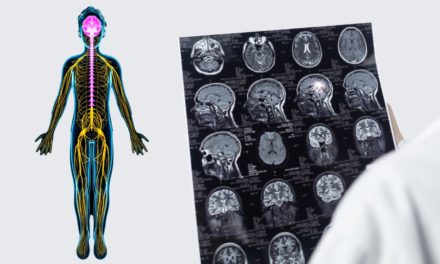Introduction
Lack of concentration, also known as poor focus or attention difficulties, is a common concern affecting people of all ages. It can impact academic and professional performance, as well as daily tasks and responsibilities. Understanding the underlying causes and implementing effective treatment approaches is essential for improving concentration and enhancing overall productivity. In this article, we will provide a comprehensive overview of lack of concentration, including potential causes, effects, impact on individuals, and proven treatment strategies. By fostering awareness and knowledge, we aim to empower individuals to overcome concentration challenges and lead fulfilling lives.
Understanding Lack of Concentration
Lack of concentration refers to an inability to focus or sustain attention on a specific task or activity. It can manifest in various ways, such as difficulty staying on task, frequent mind wandering, or feeling easily distracted.
Potential Causes of Lack of Concentration
- Stress and Anxiety: High levels of stress and anxiety can hinder focus and attention.
- Sleep Deprivation: Insufficient or poor-quality sleep can negatively impact cognitive functions, including concentration.
- Attention Deficit Hyperactivity Disorder (ADHD): ADHD is a neurodevelopmental condition that often involves difficulties with attention and focus.
- Mental Health Conditions: Conditions such as depression and anxiety disorders can affect concentration.
- Physical Health Issues: Certain medical conditions, medication side effects, or chronic pain may contribute to lack of concentration.
Effects of Lack of Concentration
Lack of concentration can have several effects on individuals, including:
- Reduced productivity and efficiency
- Academic or work-related challenges
- Increased errors or mistakes
- Frustration and emotional distress
- Impaired memory and retention of information
Seeking Professional Evaluation
If lack of concentration significantly affects daily life or persists for an extended period, seeking evaluation from a healthcare professional or mental health specialist is crucial to identify any underlying conditions or contributing factors.
Treatment Approaches for Lack of Concentration
- Cognitive-Behavioral Therapy (CBT): CBT can help individuals identify and modify thought patterns and behaviors that contribute to poor concentration.
- Mindfulness and Meditation: Practicing mindfulness and meditation can enhance focus and reduce mental clutter.
- Lifestyle Modifications: Adequate sleep, regular exercise, and a balanced diet can positively influence concentration.
- Stress Management Techniques: Learning stress reduction techniques, such as deep breathing or progressive muscle relaxation, can improve focus.
- Medication (if applicable): For individuals with underlying medical or psychiatric conditions, medications may be prescribed to manage symptoms.
Creating a Supportive Environment
Creating a conducive environment can also aid concentration. Minimizing distractions, organizing tasks, and breaking them into manageable steps can help improve focus and productivity.
Building Healthy Habits
Establishing consistent routines, setting achievable goals, and taking regular breaks during mentally demanding tasks can support cognitive function and concentration.
Conclusion
Lack of concentration can be a challenging and frustrating experience, affecting various aspects of an individual’s life. By understanding the potential causes and treatment approaches, individuals can take proactive steps to improve focus and attention. Effective strategies, such as cognitive-behavioral therapy, mindfulness, and lifestyle modifications, offer promising outcomes for overcoming concentration challenges. Together, let us prioritize mental well-being, seek professional support when needed, and create an environment that fosters optimal focus and productivity for all.










